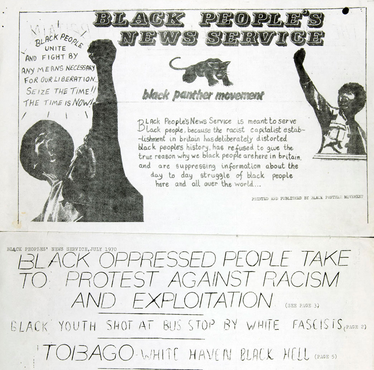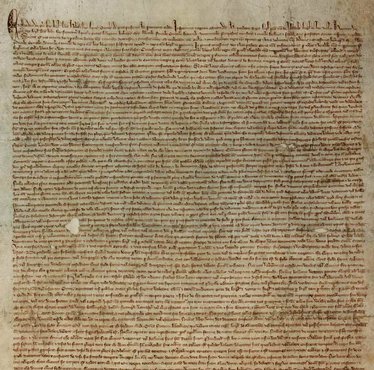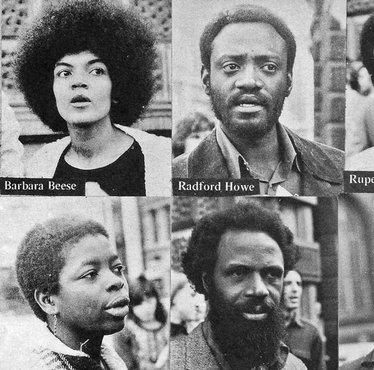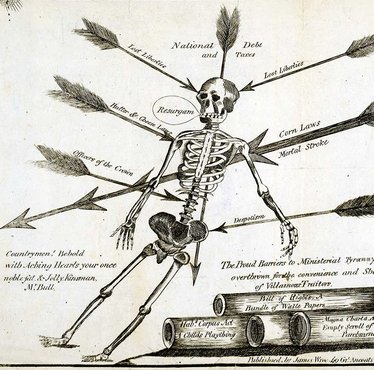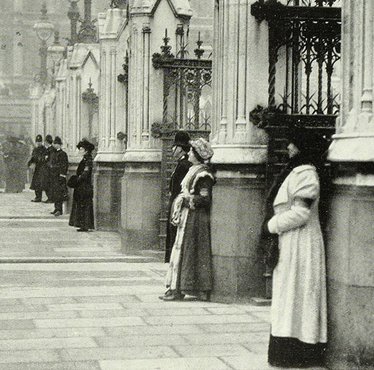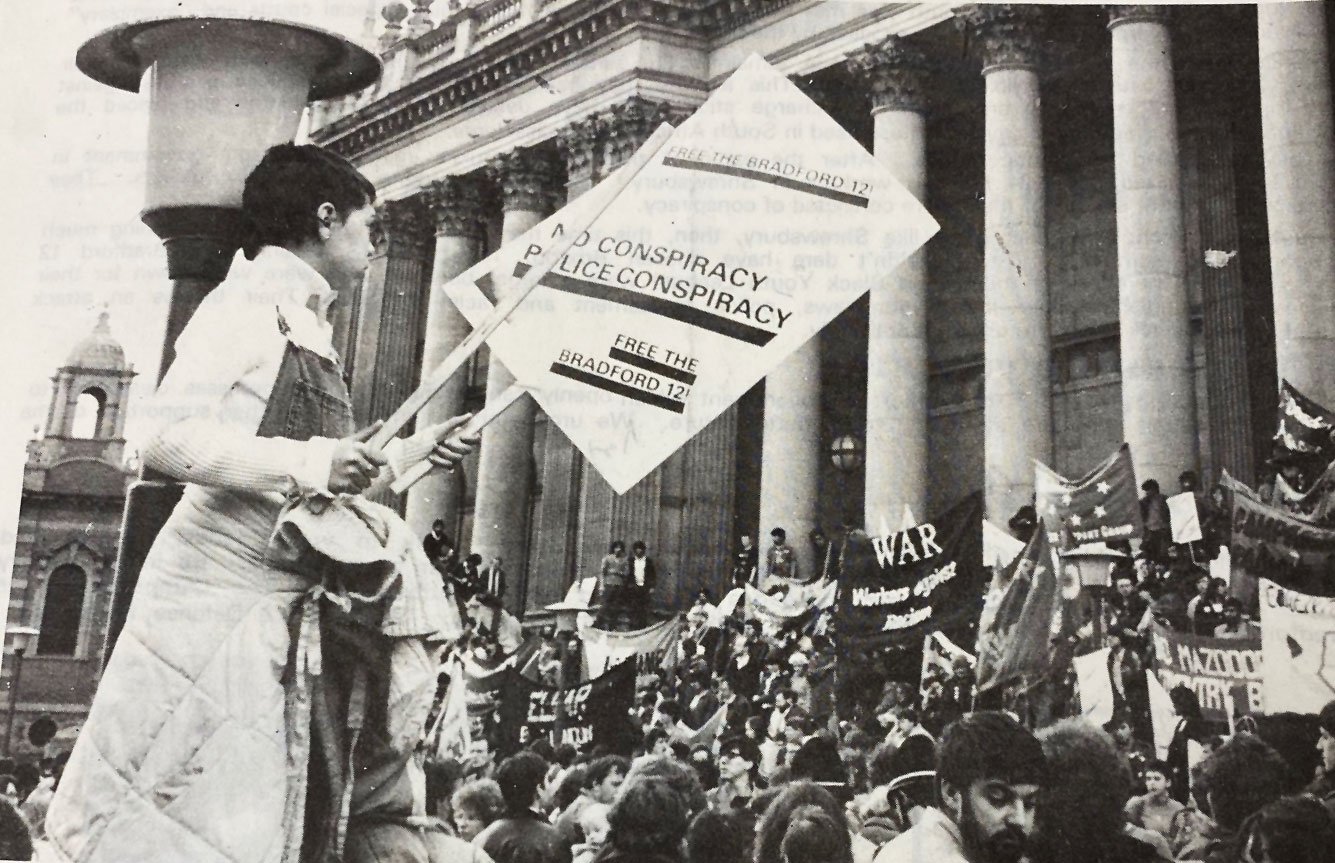
Democracy and protest
Our records tell the story of Britain’s democracy and the rights of its citizens. They include foundational legal documents and the records of pioneering MPs. We also see protests against racism and inequality, campaigns for workers’ rights, and the struggle for the vote.
Stories from the collection
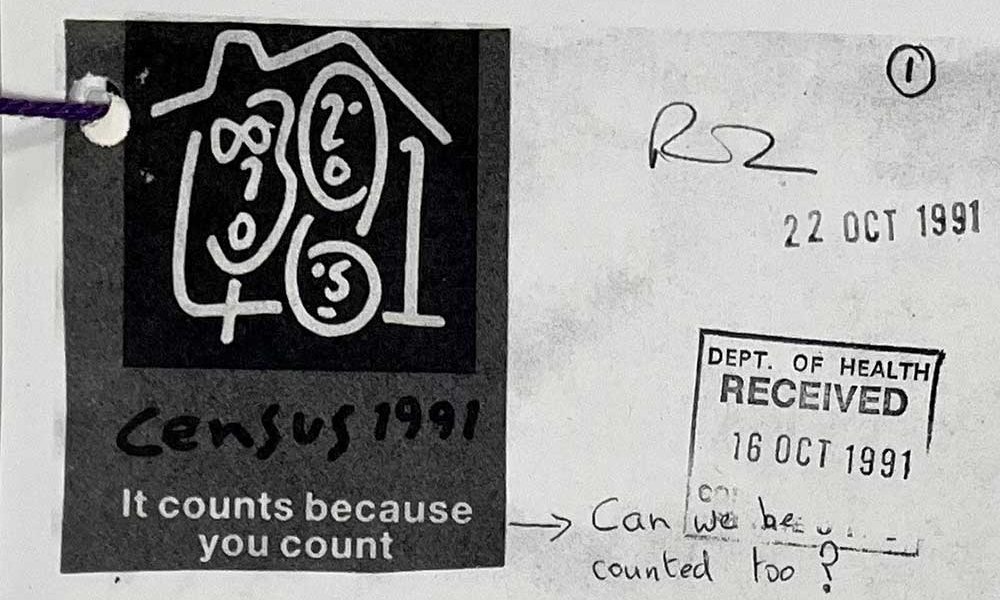
Focus on 'Can we be counted too?' Recognising LGBTQ+ lives in the 1991 census
Read about 'Can we be counted too?' Recognising LGBTQ+ lives in the 1991 census
Until 2021, the census did not ask for information about sexuality. One letter in our collection gives a personal perspective on why this data was needed.
-
Sophia Duleep Singh
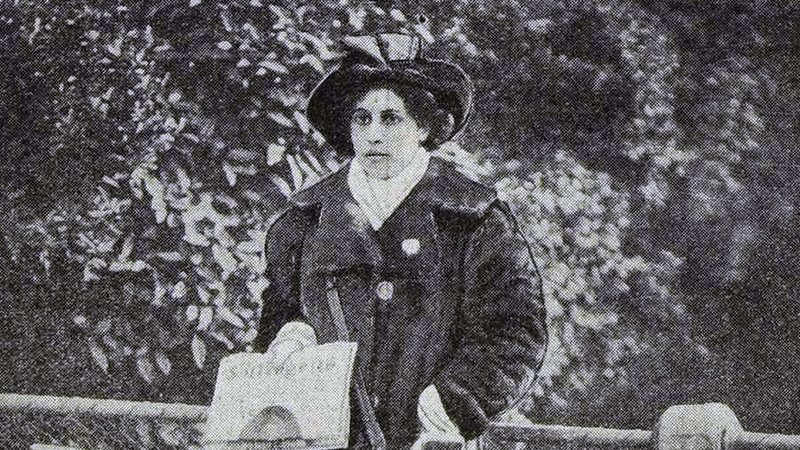
Sophia Duleep Singh (1876–1948) was an Indian princess and a formidable figure in the women's suffrage movement.
-
The proclamation of Ned Ludd
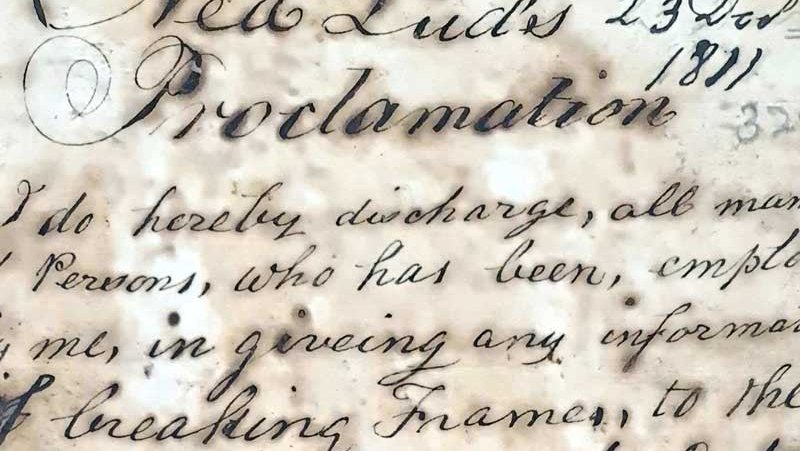
This note threatens death upon anyone talking to the authorities about the Luddites, textile workers protesting against new, labour-saving technology.
-
The Brixton riots and the Scarman Report
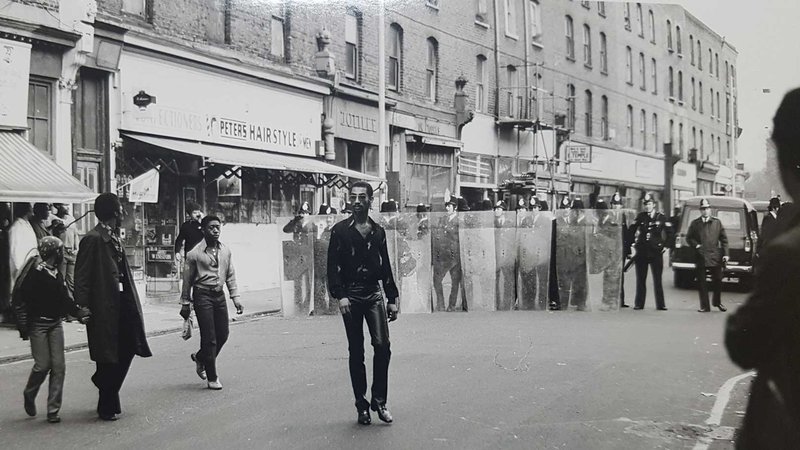
Over three days in April 1981, violence broke out in Brixton, London between young people and the Metropolitan Police. What did the inquiry about it find out?
-
Request for compensation for the Boston Tea Party
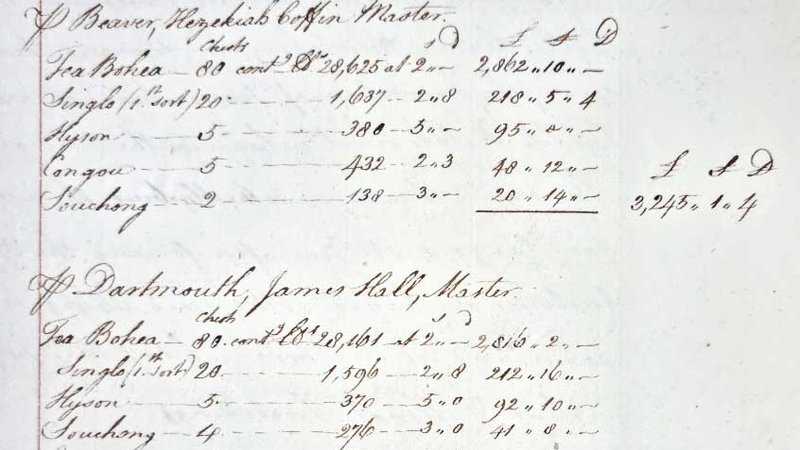
On 16 December 1773, 340 chests of tea were thrown into Boston harbour by protesting colonists. This letter from the East India Company requests reimbursement.
-
List of people summoned to the 1265 Parliament
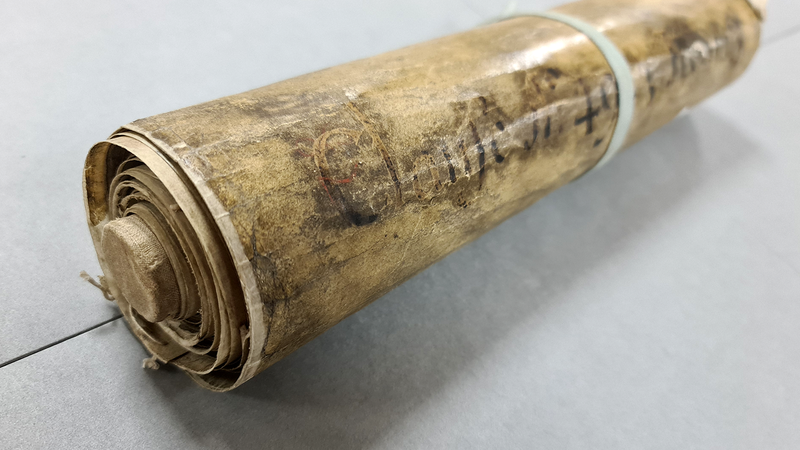
This document records the first time that citizens outside of the elites were invited to join an English parliament – without being asked to support new taxes.
-
Sarah Parker Remond’s application to become a British Citizen
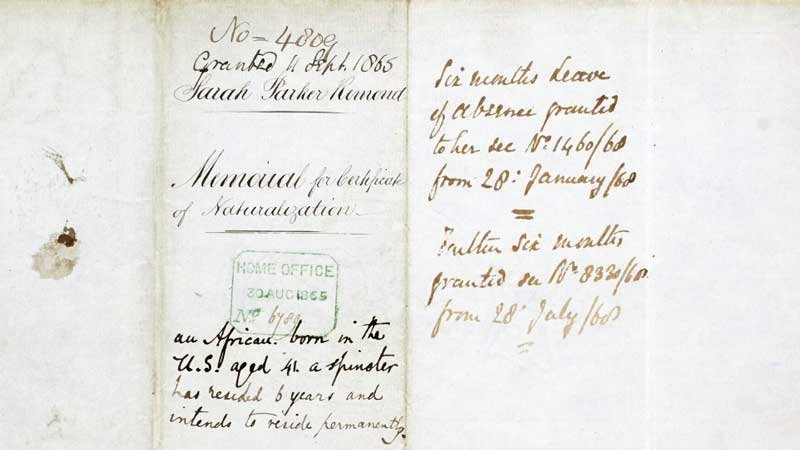
Sarah Parker Remond (1826–1894) fought for a more equal world as an abolitionist and suffrage supporter. Why and how did she apply for British citizenship?
-
The 1888 matchgirls' strike
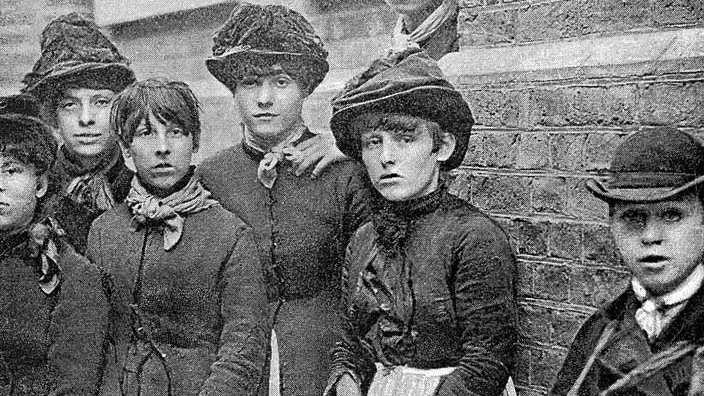
In 1888, the women and girls employed by Bryant & May in the East End of London went out on strike. Why did these workers feel so driven to remove their labour?
-
Section 28: impact, fightback and repeal
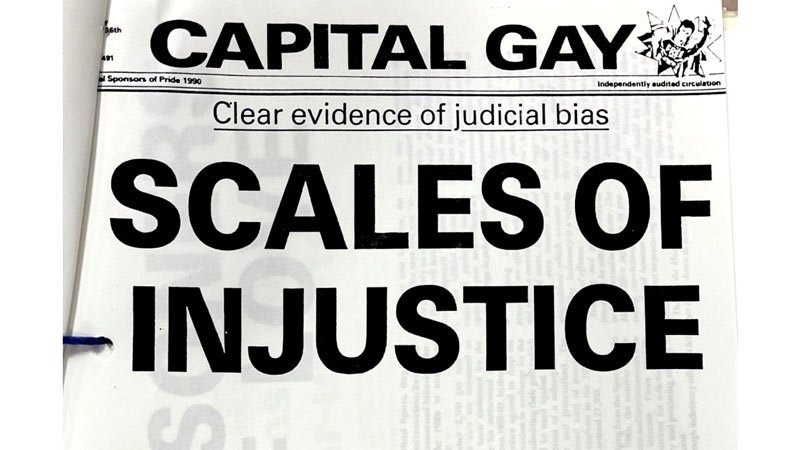
What was the everyday reality for LGBTQ+ people in the 80s and 90s living under the infamous Section 28, and how was it eventually repealed?
-
The origins of Section 28
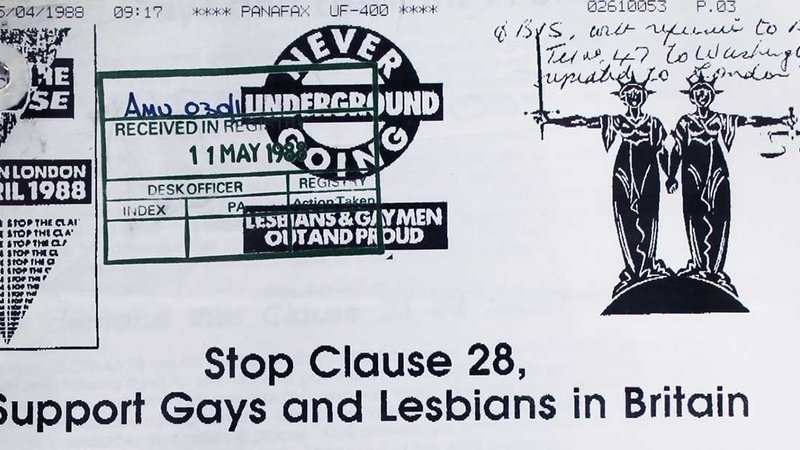
Section 28 of the 1988 Local Government Act negatively affected LGBTQ+ lives for decades. How did such a seismic piece of legislation come about?
-
James Callaghan's notes on policy ideas
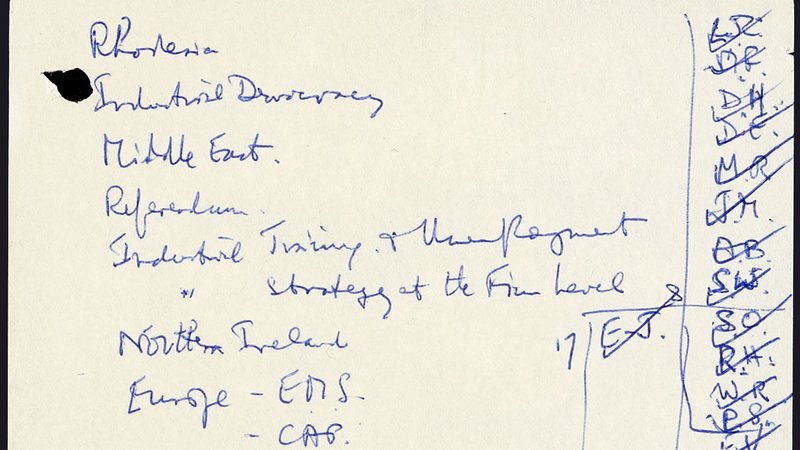
These handwritten pages offer a window onto a Prime Minister’s thinking about the issues of the day. In 1978, they ranged from education to the environment.
-
Robert Wedderburn

Robert Wedderburn (1762–1835) was a British-Jamaican radical preacher, abolitionist and writer.
-
Angry letter sent during the ‘Bread or blood’ riots
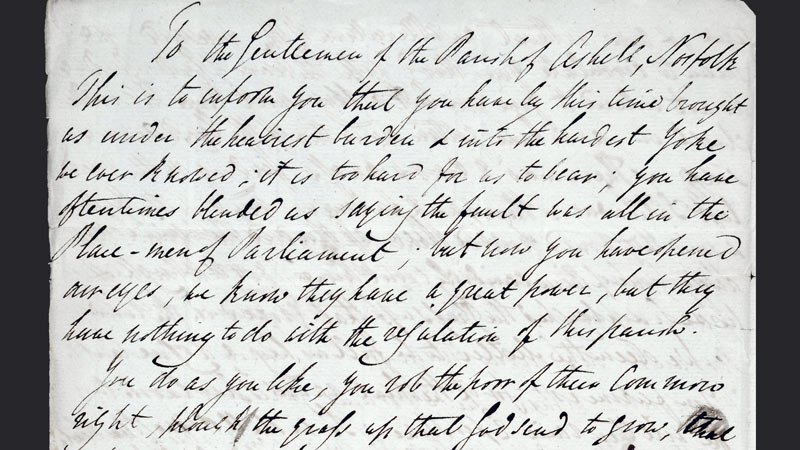
This angry letter offers a rare view of the words of ordinary people at the time, threatening violence in response to falling living standards in rural England.
-
The Imperial Typewriters dispute
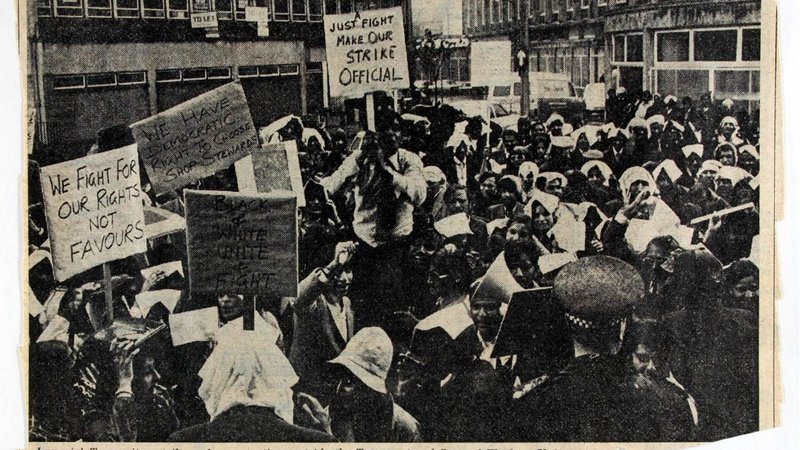
The Imperial Typewriters dispute in Leicester saw over 500 workers, largely from South Asia, go on strike over discrimination in 1974.
-
Printed circular produced by the National League of the Blind

In 1920, hundreds of members of the National League of the Blind (NLB) marched 200 miles to campaign for support. This printed circular explains what happened.
-
A letter by the women workers at Fords of Dagenham
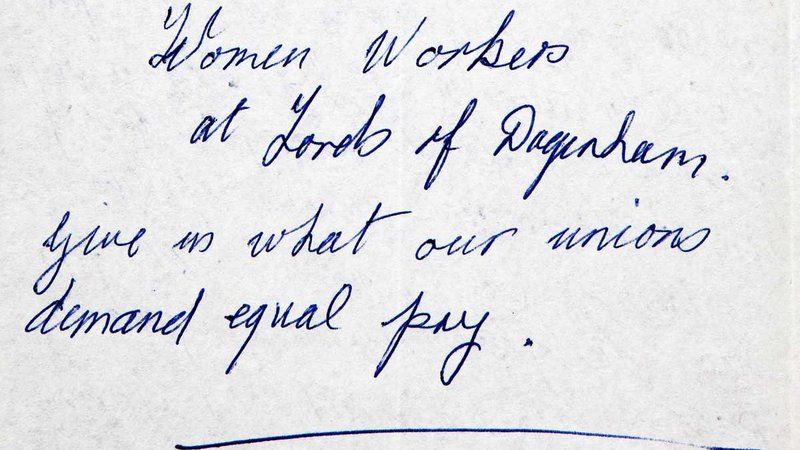
A handwritten letter written by sewing machinists working at Dagenham car plant who famously went on strike for equal wages in the late 1960s.
-
List of suffragettes arrested from 1906–1914

More than a thousand people who supported women’s right to vote were arrested for their activism. This document records them – and includes some famous names.
-
Margaret Bondfield
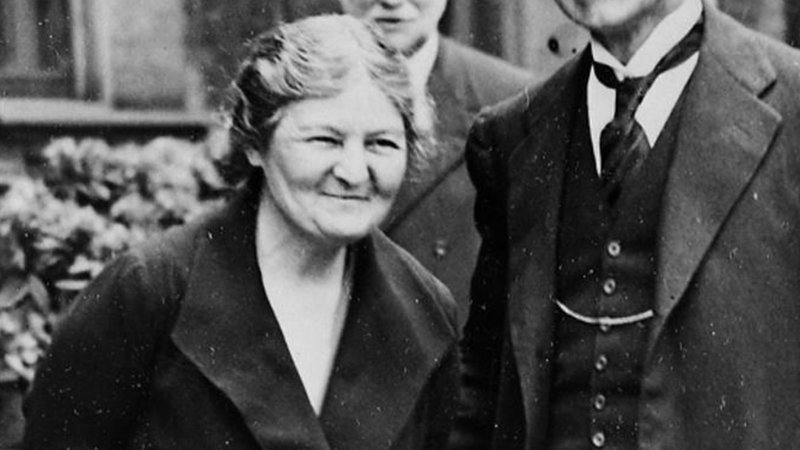
Margaret Bondfield (1873–1953) was a trade unionist and Labour politician. In 1929 she became Britain’s first female cabinet minister.
-
Emmeline Pankhurst

Emmeline Pankhurst (1858–1928) was a tireless political activist, who led the WSPU – the militant faction of the movement for women’s suffrage.
-
Shapurji Saklatvala
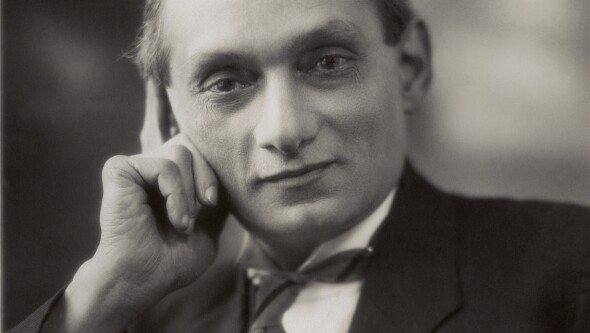
One of the first MPs of Indian heritage, Shapurji Saklatvala (1874–1936) was an agitator for change, which led to his surveillance by the Security Service.
-
Alice Hawkins
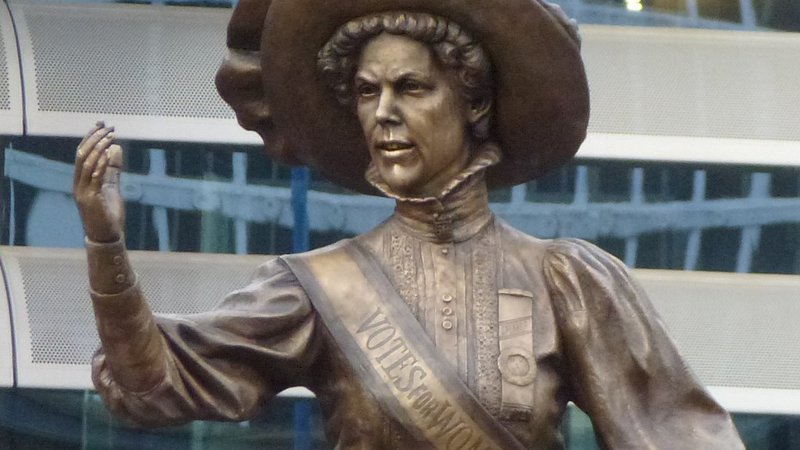
Alice Hawkins (1863–1946) was a working class suffragette and trade unionist, who boldly campaigned for the rights of women.
-
William Cuffey

William Cuffey (1788–1870) was a disabled, working-class campaigner. He was a leading figure in the Chartism movement, famed for his powerful oratory.
-
The Mangrove Nine
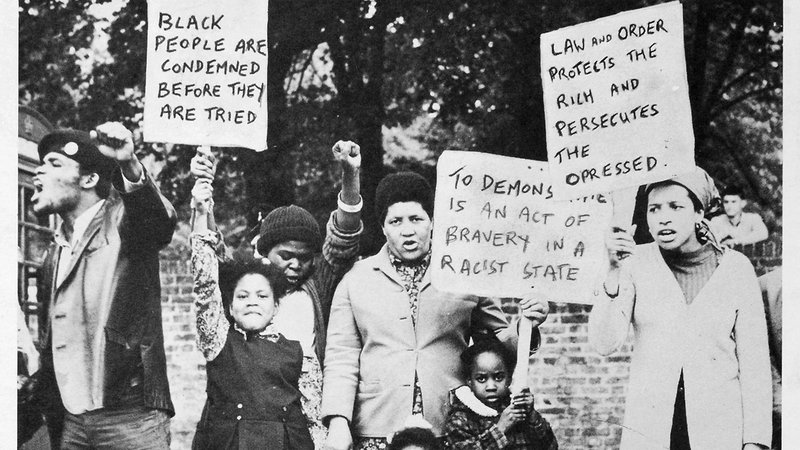
The trial of nine black protestors who were arrested while demonstrating in Notting Hill in the early 1970s became a public platform to criticise police racism.
